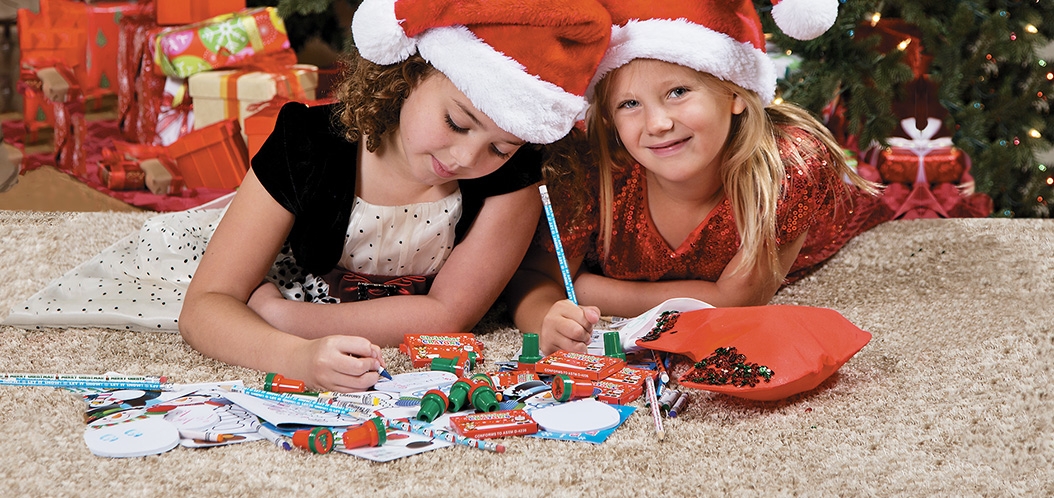As a crafter, you’re likely to have a decent kit full of different tools and accessories that help you make wonderful, high quality crafts. However, if you’re new to crafts, it may well be that you have no idea what tools you need to have in a basic kit. The best thing to do is to have a basic kit which you can then built from, adding extra bits and pieces as you go along and get more and more creative. With the basic craft tools and accessories below, you will be able to undertake almost unlimited craft projects:
- Glue – Aim for at least one basic glue like PVA, although glue sticks can be handy, especially when you’re trying to avoid any mess. If you are getting a glue stick, try and pay for a more high quality version as the cheaper ones are really rubbish and don’t tend to stick anything! You may also want to invest in some cheap paint brushes for glue painting as well.
- Tape – Sellotape is a great basic for general crafts, masking tape comes in handy for more arty projects, scotch tape and double sided tape are also handy. As a general rule, start with the most basic of tape, then get any specialist tape out for the individual project you are interested in completing (there are so many types available!).
- Adhesive – A superglue or extra strong glue will come in handy when you’re using heavy accessories. Check the label to see if it is super quick drying, as this will affect the project you are completing.
- Glue Gun & Sticks – A good quality glue gun will enable you to have some great fun making crafts. They also save a lot of time with certain types of projects. Consider getting an extension lead to go with the gun as they have to be plugged into the mains and this can often restrict where you can enjoy crafting.
- Scissors – Aim to have one good pair of standard scissors with strong, covered handles for comfort. A small pair of scissors and some pinking shears will also come in handy.
- Needle-nose Pliers – These come in handy for lots of different types of craft projects – like the scissors, the strong handled versions are better for comfort.
- Wire Cutters – These come in handy for lots of different types of craft projects
- Hole Punches – Aim to have 2 or 3 hole punches, not just one of one size
- Bone Folder – A really simple tool used for projects involving paper
- Compass
- Ruler – aim for a standard size, metal ruler if possible. Cheaper plastic versions are great as well, but won’t last as long. Some rulers also have a gap between the start of the ruler and the start of the measurements, which can be annoying when you’re trying to make accurate measurements, so try to get a ruler where the measurements start at the beginning of the ruler.
- Stanley Knife
- Rubber Gloves – Don’t get marigolds as they are too loose to be of any use. Opt for surgical style gloves that fit to the hand
- Permanent Markers
- Pencils
- A Rubber
- Card – Aim to start with a basic pack of mixed colours all of good quality. Purchase from an art and craft supplies retailer to get the best deals.
- Paper – As with the card, get a mix of colours and aim for good quality. It is also worth having a cheap pad of scrap paper for ideas, as well as lots of newspaper for protecting furniture.
When you’re compiling your craft kit, remember to take your time and consider avoiding investing in anything until you have at least tried your hand at a few crafts. The list above is for a general craft kit, but it may be the case you take to a certain type of craft. For example, some people have a real passion for making cards, in which case card making kits and accessories are the main focus. There are so many different veins of craft, it is certainly worth trying your hand at a few different crafts before investing in any money. A really good idea is to purchase a starter kit for a certain craft from a good quality retailer so that you can give it a go without breaking the bank. If you enjoy it, you can then build on your collection.

